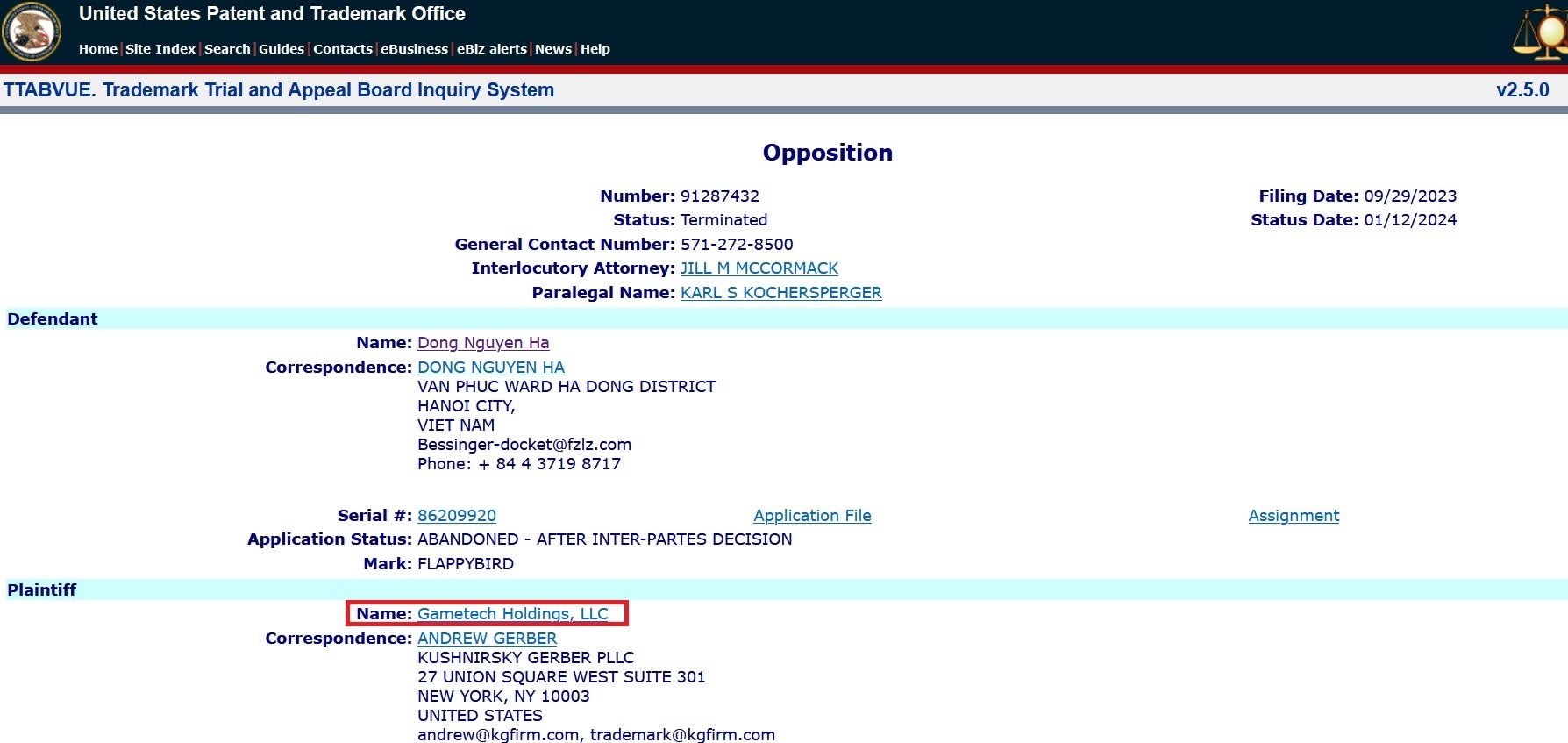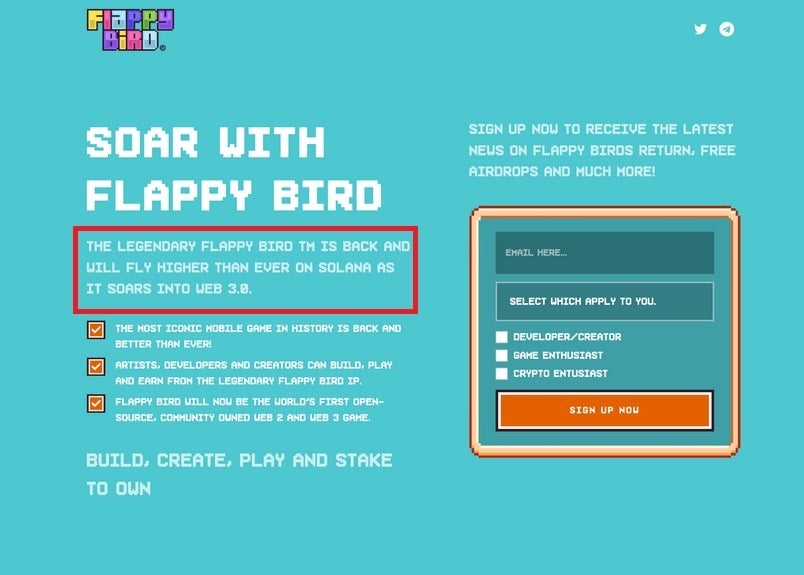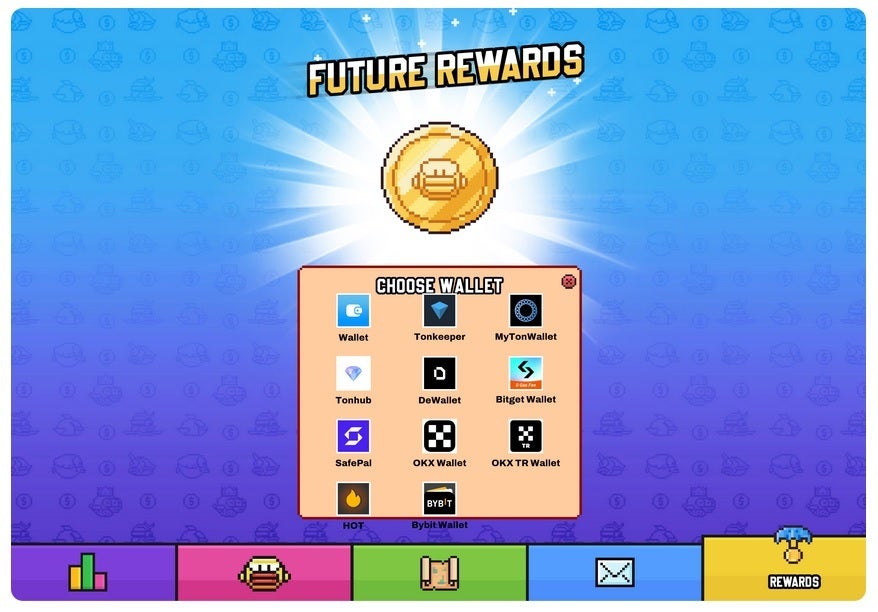Warning! Flappy Bird revival seems to be about getting you to buy cryptocurrency

Is nothing sacred anymore? From the new NFL kickoff rules to the still ridiculous extra-inning ghost runner on second base in baseball, and Apple's decision to remove the stickers from the iPhone 16 boxes, you just have to step back and say "WTF." Last week, everyone got excited when it was announced that the extremely popular retro game Flappy Bird was coming back to iOS and Android after a decade away from app storefronts.
The original Flappy Bird game was bringing in $50,000 a day before the developer took it down
The game was reportedly generating $50,000 a day for developer Dong Nguyen. Just two weeks after launching Flappy Bird on the Google Play Store, Nguyen pulled the game stating that he was worried about how addictive it turned out to be. It was indeed so addictive that after the game was pulled from the App Store and the Play Store, older phones with Flappy Bird installed were listed on eBay for five and six-digit amounts although eBay eventually removed these listings.

The USPTO document reveals that a company called Gametech Holdings acquired the Flappy Bird trademark. | Image credit-Varun Biniwale
Nonetheless, the thought of Flappy Bird's return got many smartphone users looking forward to playing the classic game along with a new easy mode, a basketball mode, and an all-out Battle Royale mode that would have a player go up against 99 rivals.
But a shocking development was posted on Saturday that says the return of Flappy Bird is nothing but a scam for a cryptocurrency Ponzi fraud. Varun Biniwale, a cyber-security researcher, discovered that the Flappy Bird trademark had expired after being abandoned by original developer Dong Nguyen. This was discovered in documentation from the U.S. Patent and Trademark Office (USPTO). The trademark was taken by Gametech Holdings, LLC in 2023 and was then acquired by The Flappy Bird Foundation according to a report by IGN.
It should be pointed out that Nguyen's name does not appear anywhere in any of the documents related to the return of Flappy Bird. And Biniwale, the cyber-security researcher, noted some strange things about the FlappyBird.org website that announced the return of the game. The site also hosted a video that we included with our article about the return of Flappy Bird but it also appeared to be too polished for a site supposedly created by Flappy Birds fans who wanted nothing more than the game to return to smartphones.
Some web pages show a connection between Flappy Bird and a crypto called SOL (Solana)
Biniwale discovered a community page for the website that included links to "Collaborations", "Interviews" and a Press Kit. Only the first one worked and led to a page discussing Flappy Bird and blockchain platform Solana with a native cryptocurrency of SOL (which closed Friday at $137.67 and has an all-time high of $260). As the cyber-security researcher says, "This page seems to suggest that the original plan of the project revolved around cryptocurrency and "Web 3.0". Some people may refer to these kinds of projects as "grifts"."

The new Flappy Bird game is connected to the SOL crpto according to this page discovered by a security researcher. | Image credit-Varun Biniwale
Because the website was built using WordPress, the sitemap is open to the public and many of the pages cited mention web3.0 and crypto. The former is an idea for a new version of the internet that would include blockchain technologies, token-based economics, and decentralization. Biniwale found prototypes for the game including pages that mentioned web3, crypto wallets, and more.

Image grabbed from a prototype of the game shows mentions a crypto wallet. | Image credit-Varun Biniwale
So we can come to the sad conclusion that the return of Flappy Bird is more than just the return of the game led by big-time Flappy Bird fans. Instead, thanks to some digging, it now appears that Flappy Bird could be used as a way to push some cryptocurrency scam that might drive the price of SOL crypto up while SOL buyers who loaded up before Flappy Bird's revival are selling into this demand. Just be careful and make sure you know exactly what you are agreeing to before you sign up for anything related to the app.










Things that are NOT allowed: